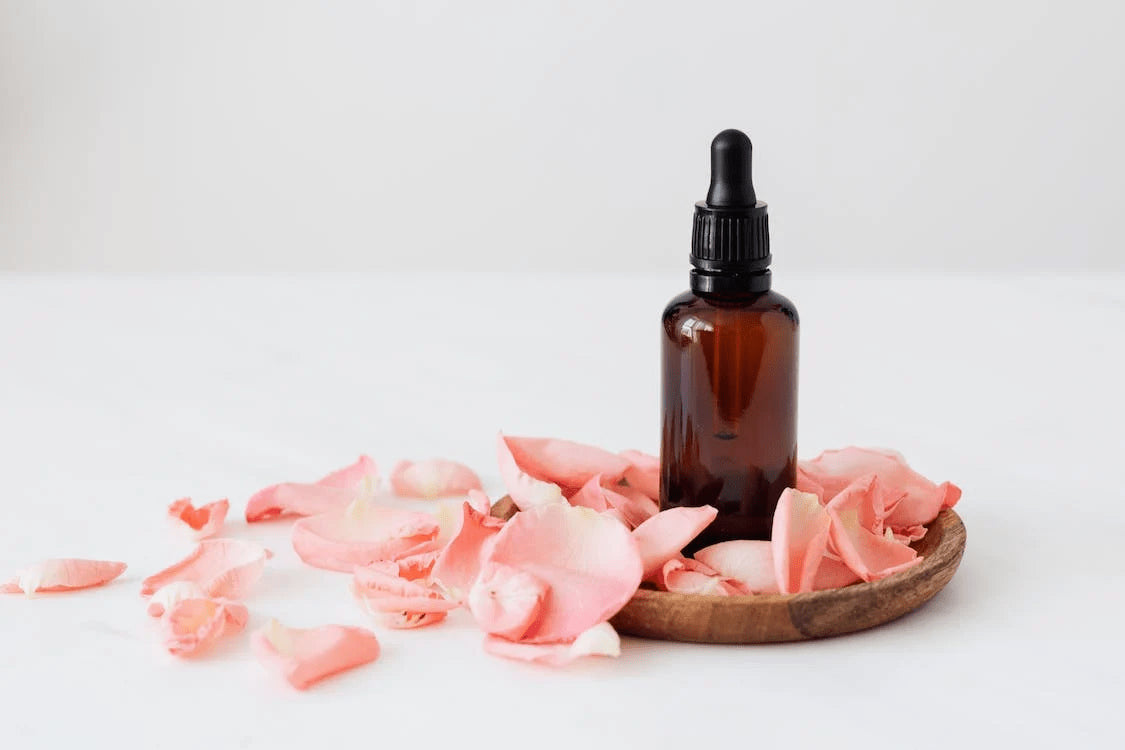CBD: A Holistic Approach to Stress and Anxiety in the Workplace
The current world of business is full of stress as people strive for success in their respective ventures.
Nonetheless, ceaseless demands, short deadlines, and heavy responsibilities may adversely affect our bodies and minds.
Among all this mess, a very interesting solution is starting to emerge from the ashes – Cannabidiol, also called CBD.
This blog delves into how CBD can help control anxiety and stress among other benefits and how CBD could make a significant breakthrough in the health sector.
Understanding CBD: A Brief Primer
Before delving deeper into the effects of CBD on stress and anxiety, it is imperative to have knowledge about CBD and its interactions with the inner you.
CBD (or cannabidiol) is a part of the cannabis plant mainly from hemp.
Contrary to its relative cousin THC, CBD does not cause a “high” feeling, hence it's really safe for stress management.
Stress and Anxiety: The Silent Productivity Killers
Stress and anxiety are silent enemies that usually sneak into the busy business world, compromising productivity and health.
Cumulative stress can trigger a chain reaction that ultimately weakens the resistance and concentrates the mind.
All you need is love, but a little CBD never hurts.
As they realise these challenges, many experts are promoting the usage of CBD and other natural herbs as alternatives to deal with stress.

The Endocannabinoid System: CBD's Gateway to Balance
The key to CBD’s effectiveness in stress management is associated with its action on the endocannabinoid system.
A complicated cell-signalling system known as the ECS regulates these processes including mood, sleep, and stress response.
CBD binds on different EBS receptors like CB1 and CB2 that help the body remain balanced and keep it in homeostasis.
The intricate connection of CBD and the ECS offers a biological base for mitigating stress and anxiety.
Trivia!
Roger Adams discovered CBD in 1940. He isolated CBD and CBN (cannabinol) from the hemp plant.
Unpacking the Benefits: Taking the stress out of CBD.
1. Stress Reduction
Initially, CBD influences stress by altering the secretions of cortisol which is known as stress hormone.
A raised heart rate is often observed in business environments characterised by high stakes, which can be attributed to elevated cortisol levels.
Through its interaction with brain receptors, CBD regulates cortisol secretions by reducing the impact of stress on the mind and the body.
2. Anxiety Management
CBD proves resilient against anxiety which usually means frenzy and apprehension.
The serotonin receptor is one of these neurotransmitter systems that is affected by the anxiolytic properties of the compound.
CBD is known to enhance serotonin signalling, thereby relieving the constant pressure caused by a hectic and demanding professional life.

3. Sleep Support
For many stressed professionals, it is difficult to get good sleep. However, CBD emerges as a possible remedy.
By interacting with receptors in the brain’s sleep-wake cycle, it results in improved sleep patterns.
By addressing stress-related sleep disturbances, CBD provides a more restorative and refreshing night’s sleep, enabling people to attack the next day with new vigour.
Navigating Legality and Workplace Acceptance
The effectiveness of CBD as used in stress management is becoming accepted albeit with the challenges of the legal environment and workplace acceptance.
Communication with employers and knowledge of the law make smooth integration of CBD into daily wellness.
Towards a Holistic Approach to Well-being
CBD’s journey from alternative remedy to mainstream wellness ally exemplifies an inclination for holistic well-being.
CBD is undoubtedly among the most useful tools that can be drawn from the well-being toolkit when professionals are seeking full-fledged solutions to the problems associated with a high-pressure atmosphere.
Its low addictive characteristics and minimal side effects make it an attractive option for those who prefer a natural but sustainable way of dealing with stress.

The Road Ahead: Enhancing wellness in the corporate landscape
Wellness is a concept that has continued to change with our understanding of the ever-changing corporate culture.
For professionals seeking equilibrium, CBD becomes light on the horizon as it has the potential to handle stress and anxiety.
Introducing CBD in the holistic health approach is the source of peace amongst the turmoil, a journey towards equilibrium that can never end.
However, CBD is not just a dietary supplement or topical but also an agent of a more centred and enduring self.
As such, take CBD as your friend in this fast-paced corporate life, a gate to your peace within.















